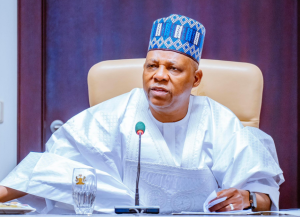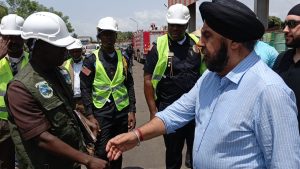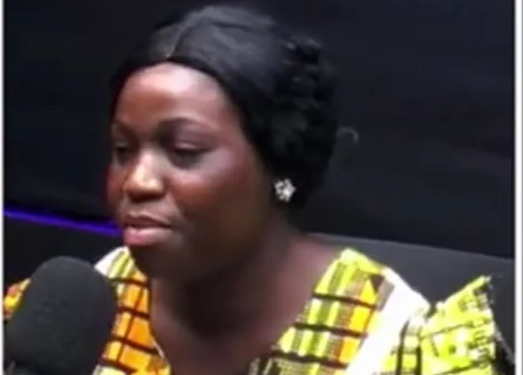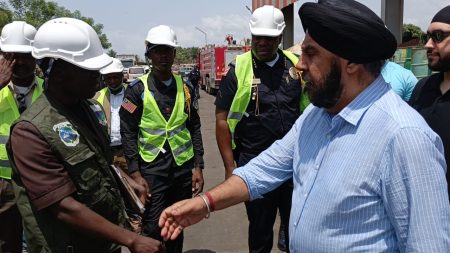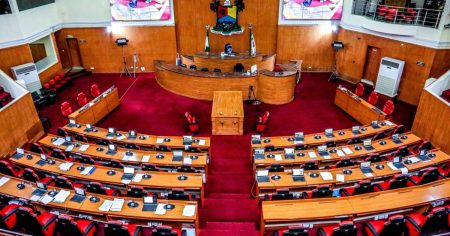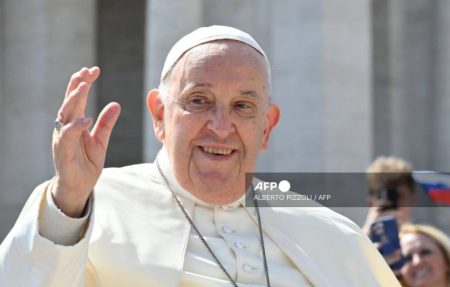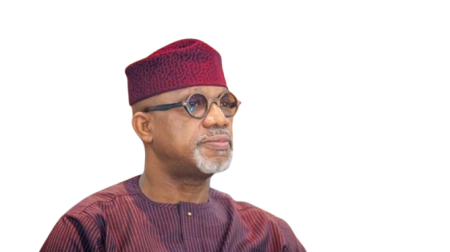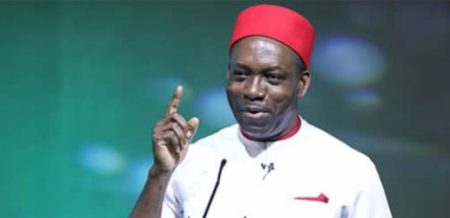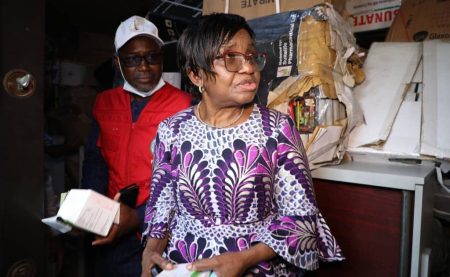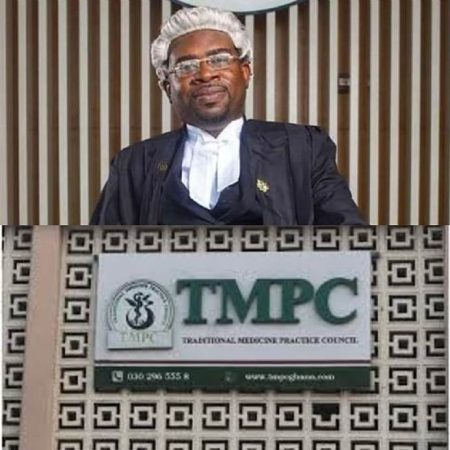Priscilla’s story, as shared on Kasapa FM’s ‘Ento Woa Da’ program, paints a stark picture of the devastating impact of economic hardship on vulnerable individuals, particularly single mothers. Faced with the relentless pressure of providing for her three-year-old child, Priscilla found herself trapped in a cycle of survival sex, exchanging her body for the basic necessities of life. Her narrative underscores the desperate measures some individuals resort to when confronted with unemployment and a lack of social support systems. The stigma associated with single motherhood further compounded Priscilla’s challenges, as potential employers discriminated against her parental status, closing doors to legitimate employment opportunities and pushing her further towards the margins of society. This cycle of rejection and desperation ultimately led her to embrace sex work not only as a means of financial survival but also as a coping mechanism for the emotional and psychological toll of her circumstances.
Priscilla’s candid confession reveals a complex interplay of economic desperation, social stigma, and personal agency. While acknowledging the moral ambiguity of her actions, she also expressed a sense of enjoyment and even addiction to sex, suggesting a blurring of the lines between survival and desire. This admission challenges simplistic narratives of victimhood, highlighting the multifaceted nature of human experience and the often-conflicted choices individuals make in the face of adversity. Her story compels us to move beyond judgment and engage with the nuanced realities of survival in a society where economic inequalities and social prejudices create fertile ground for exploitation.
The intervention by Akosua Ahwenepa Gyambiby, the host of ‘Ento Woa Da,’ offers a glimmer of hope amidst the bleakness of Priscilla’s situation. Recognizing the urgent need for sustainable solutions, Gyambiby facilitated the establishment of a small business for Priscilla, providing her with an alternative pathway to economic independence. This intervention underscores the critical role of social support and empowerment programs in breaking the cycle of poverty and exploitation. By equipping Priscilla with the tools to build a stable livelihood, Gyambiby’s actions not only addressed the immediate financial crisis but also empowered Priscilla to reclaim her agency and build a more secure future for herself and her child.
The involvement of Benjamin Coffie, the child’s father, adds another layer of complexity to the narrative. His initial absence from his son’s life and his subsequent commitment to financial responsibility, prompted by the intervention of the ‘Ento Woa Da’ team, highlight the societal expectations and pressures surrounding fatherhood. While his financial contribution represents a positive step towards fulfilling his parental obligations, it also raises questions about the broader social context that allows fathers to abdicate their responsibilities and the role of media interventions in prompting accountability. His promise to change suggests the potential for transformation and the possibility of a more supportive family structure for Priscilla and her child.
Priscilla’s story resonates far beyond the confines of her individual experience, serving as a microcosm of the broader societal challenges facing single mothers and marginalized communities. It exposes the systemic inequalities that perpetuate poverty and exploitation, forcing individuals into desperate measures to survive. Her narrative calls for a critical examination of the social safety nets designed to support vulnerable populations, highlighting the gaps and shortcomings that leave individuals like Priscilla with limited options and few avenues for escape. It underscores the need for comprehensive social programs that not only provide immediate financial assistance but also address the root causes of economic hardship and empower individuals to build sustainable livelihoods.
Ultimately, Priscilla’s story is a testament to the resilience of the human spirit in the face of adversity. It is a story of survival, of complex choices, and of the enduring hope for a better future. It compels us to confront the uncomfortable realities of poverty and exploitation, to challenge societal prejudices, and to work towards creating a more just and equitable world where every individual has the opportunity to thrive. It calls for a collective responsibility to create a society where no one is forced to compromise their dignity and well-being to provide for themselves and their loved ones. Priscilla’s journey is a reminder of the urgent need for systemic change and the transformative power of compassion, support, and empowerment.



